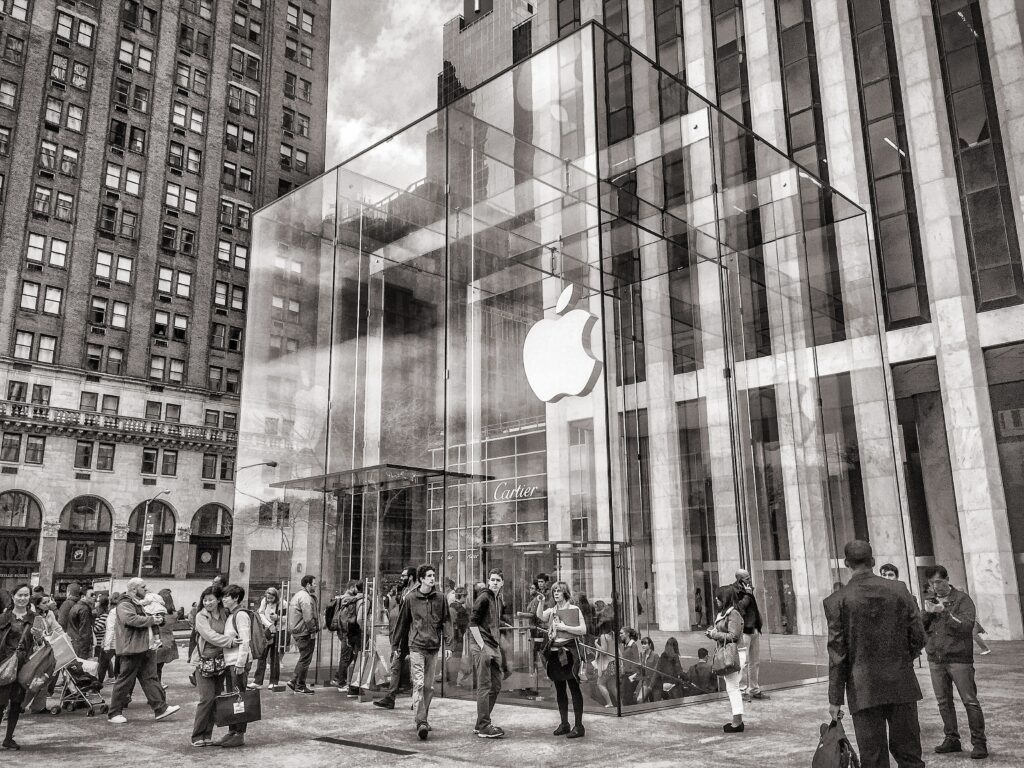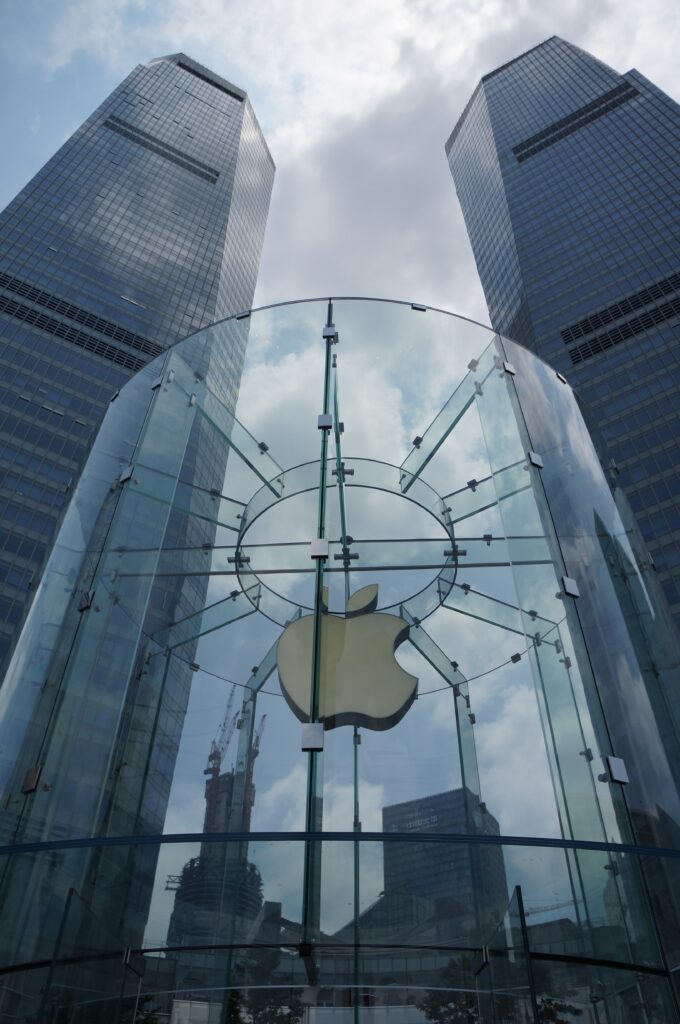As a company that has been globally recognized for its excellence in innovation and product engineering, Apple has had a gold run with its trailblazing iPhones, and other category defining products. Think iPad, Apple Watch or the Macs. Each successive generation of iPhones has helped Apple grow, on the back of increasing consumer appetite. The consumer stickiness has delivered on revenue and growth. And yet, as iPhone sales tumble, and most recent products have missed the high innovation bars for Apple, the question remains: Has Apple lost its innovation genie? This is not just a rhetorical question anymore. If one were to look across at the Android hemisphere, one would notice that the Chinese brands have excelled at real, radical innovations, and backed by big risks.
The market landscape in which Apple operates has significantly altered over the past few years. Increased competition has blunted Apple’s competitiveness, and the halo effect is also weaning off. Unlike before, Apple has not been able to succeed in identifying new product differentiators in existing market play, or in creating new market niches like they did in the past, with their iconic products.

Take, for instance, Apple’s WWDC 2019, wherein Apple showcased new software updates for the iPhone, iPad, Mac, Apple TV, and Apple Watch. It highlighted a new “dark mode”, as well as new apps for the Apple iPhone and Apple Watch. The pivot to services is still work-in-progress, as Apple faces a fatigue on the product sales. It also announced a refresh of the Mac Pro, for the first time since 2013.
Here, then, lies the Apple conundrum.
Every year, Apple secures roughly 2000 new patent grants. Between 2012-2017, Apple was consistently ranked outside of the top ten patent assignees by IFI CLAIMS® Patent Services, a leading producer of global patent databases, analytic solutions and innovative web services. Between 2013 and 2018, Apple was outflanked by Samsung and other Asian companies. In 2018, Apple made its first appearance in the top ten patent assignees at number 8, with 2160 granted patents, down 3% from the previous year.

If one were to look at the focus of patent activity by Apple, one would find that Apple’s patent applications are centered around wearable health, foldable devices, biometrics, telematics, autonomous cars, and AR/VR headsets, among others. While it is heartening to see the focus of Apple’s R&D, it does not by anyway give a leading indicator of the likelihood of product success.

Allow me to explain. It is a prevalent IP strategy for tech majors to file patents across technology domains, all of the time. Again, it is not a given that all such innovations would surely see the light of the day. Again, Apple is not an exception. Take, for example, Apple’s autonomous car ambitions. While it has seen new patent applications, it also laid off >200 employees working on its autonomous car project at the beginning of 2019, and attributed to ‘internal restructuring’.
Apple has been good at entering and disrupting technology segments that are either mature or, have attained some scale, and show promise. While other tech companies may stake claim for ‘world first’ innovations, it is often Apple that has had the greatest success with commercialization. Yet, it is clearly disconcerting that Apple is clearly woefully behind other Asian giants on most future-tech innovations.
At this point, one may argue that this is where Apple’s ‘services’ pivot with its new OTT strategy is critical for its future growth. Think music and movie streaming.
Apple had recently announced bringing its streaming TV service, Apple TV+, with original programming, either funded or acquired by Apple. As part of making the content more accessible, Apple is making its TV app available on third-party platforms, via smart TVs, streaming boxes, and streaming sticks.
At the WWDC, Apple announced standalone versions of its Music, Podcasts and TV apps for Mac users on the next version of macOS, Catalina, in place of the iTunes. The content streaming is posited as a key revenue driver for Apple.
In a mature OTT market with incumbents, including the likes of Netflix, Spotify, Amazon Prime and Amazon Music, it would require clear innovative differentiators to carve a niche for Apple. More so, if one were to look at a diverse market such as India.

In Conclusion
It is a given that technology companies cannot keep pumping out new, category-creating innovations every few years, and would eventually face a slump. As such, they would need to balance their disruptive innovations, with routine, incremental innovations that push the needle a bit more further.
Yet, I believe incremental product and marketing tweaks, including ‘halo effects’ would only sustain Apple a bit more longer. It has to move away from its current incremental innovation approach, and move to its core DNA of radical innovation.
While many Apple loyalists would continue to stick by Apple for some more time, eventually they would also get worn out.
Apple is synonymous with innovation.
Without it, it is just another ‘me-too’ company.



